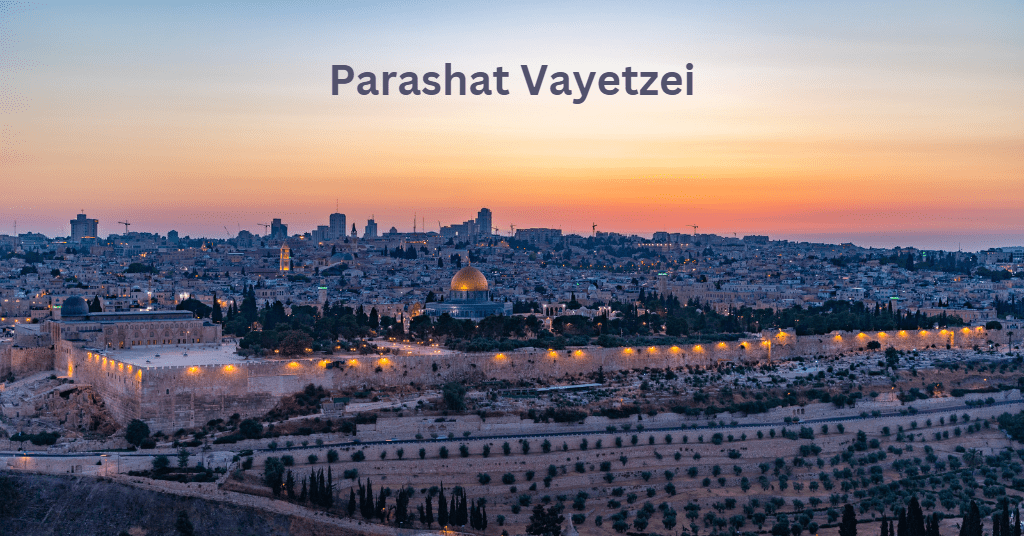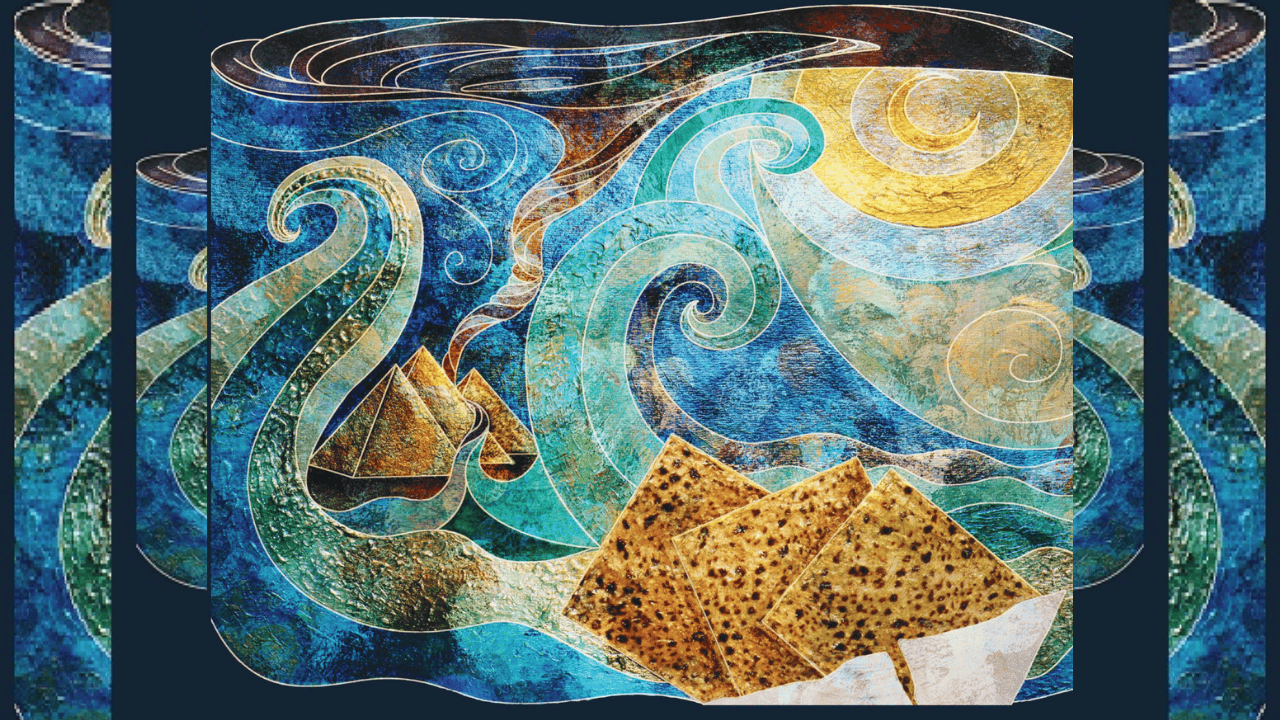The Place
“Jacob awoke from his sleep and said: Surely God is in this place and I did not know” (Genesis 28:16). Rashi comments that had Jacob known that God was present he certainly would not have slept in such a holy place. A deeper reading of the text suggests that Jacob was expressing an unexpected new insight: God not only surrounds and animates creation but is ever-present in space itself. In attaining this insight, Jacob had internalized a revelation Abraham had many years earlier. The Torah recounts that Abraham built an altar and called to God – to El Olam (Genesis 21:33). The phrase “El Olam” is usually translated as “God of the World.” However, Rabbi Yitzchak Ginsburgh explains that if the text meant “God of the World” it should have been written with an additional heh – “El Ha’olam.” As it is written, the phrase should more properly be translated as “God [is the] World.”
This teaching parallels the Chassidic tradition that when the Torah states that “there is none other than God” (Deuteronomy 4:35), it means that “God is all and all is God,” not that there are merely no other gods. This tradition we must emphasize does not adopt a pantheistic approach, declaring that God is no more than the sum total of the universe; rather, it expresses the belief that there is nothing other than God and even though God surrounds all worlds and is beyond time, space, and all description, He is at the same time ever-present in every point in time and space. The following statement perhaps best represents this paradoxical understanding of God: “He is the place of the world, but the world is not His place” (Bereishit Rabbah 68:9).
Moses spent forty days on Mount Sinai praying for forgiveness after the Jewish people sinned by worshipping the Golden Calf. In the course of this process, God revealed the thirteen principles of compassion, and he also told Moses that no one can see God’s face and live: “And God said, Behold! There is a place with Me, you may stand on the rock. When My glory passes by I shall place you in a cleft of the rock; I will shield you with My hand until I have passed by. Then I will remove My hand and you will see my back, but My face will not be seen” (Exodus 33:21-23). Rashi comments that the text states that “there is a place with Me” and not that I am in this place, for God is the place of the world, but the world is not His place.
Seeing the face of God would imply direct revelation, a form of revelation beyond the grasp of any finite being. A human being can only see God’s back, His essence is concealed in nature, in the reality of time and space. The Arizal taught that all matter, animate or seemingly inanimate, large or small, exists because a spark of God animates it. Jacob who had spent his entire life cloistered in the tents of Torah was now encountering the world for the first time, as it were. He suddenly realized that God is truly everywhere, permeating every aspect of existence. This revelation is crucial, for it is the first step Jacob must take in assuming his life’s work and mission, the process of uniting the physical and the spiritual.







